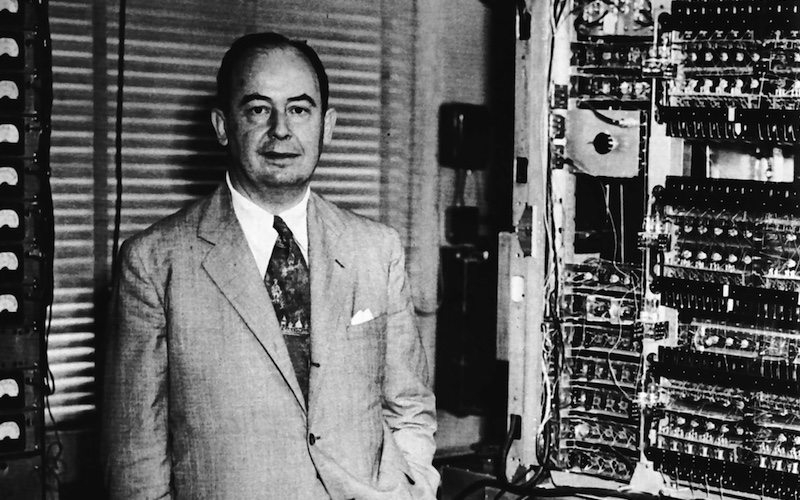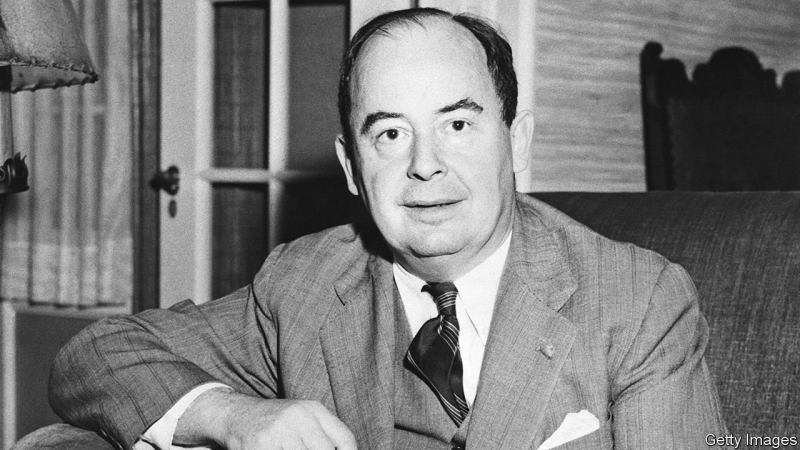John von Neumann
John von Neumann was a Hungarian-American mathematician, physicist, computer scientist, engineer, and polymath. His Hungarian name was Neumann János Lajos, and he died on February 8, 1957. He was hailed as "the last representative of the great mathematicians who were equally at home in both pure and applied mathematics" and was stated to have had "the broadest coverage of any mathematician of his time". He combined the pure and applied sciences.
In addition to mathematics, physics, computing, and statistics, Von Neumann made significant contributions to numerous other subjects. He had a significant role in the creation of game theory, cellular automata, the universal constructor, and the principles of the digital computer. He was a pioneer in the application of operator theory to quantum physics in the development of functional analysis. Before DNA's structure was discovered, he examined how self-replication worked.
Von Neumann's fundamental contributions to game theory, continuous geometry, and quantum mechanics are difficult for most laypeople to understand, yet his groundbreaking work in computers made it possible for you to read this article onscreen right now. Together with fellow genius Edward Teller from Hungary, he made a significant contribution to the Manhattan Project by creating key elements for the first atomic and hydrogen bombs. He also established the concept of "mutual assured destruction," which today deters countries from starting nuclear wars.







